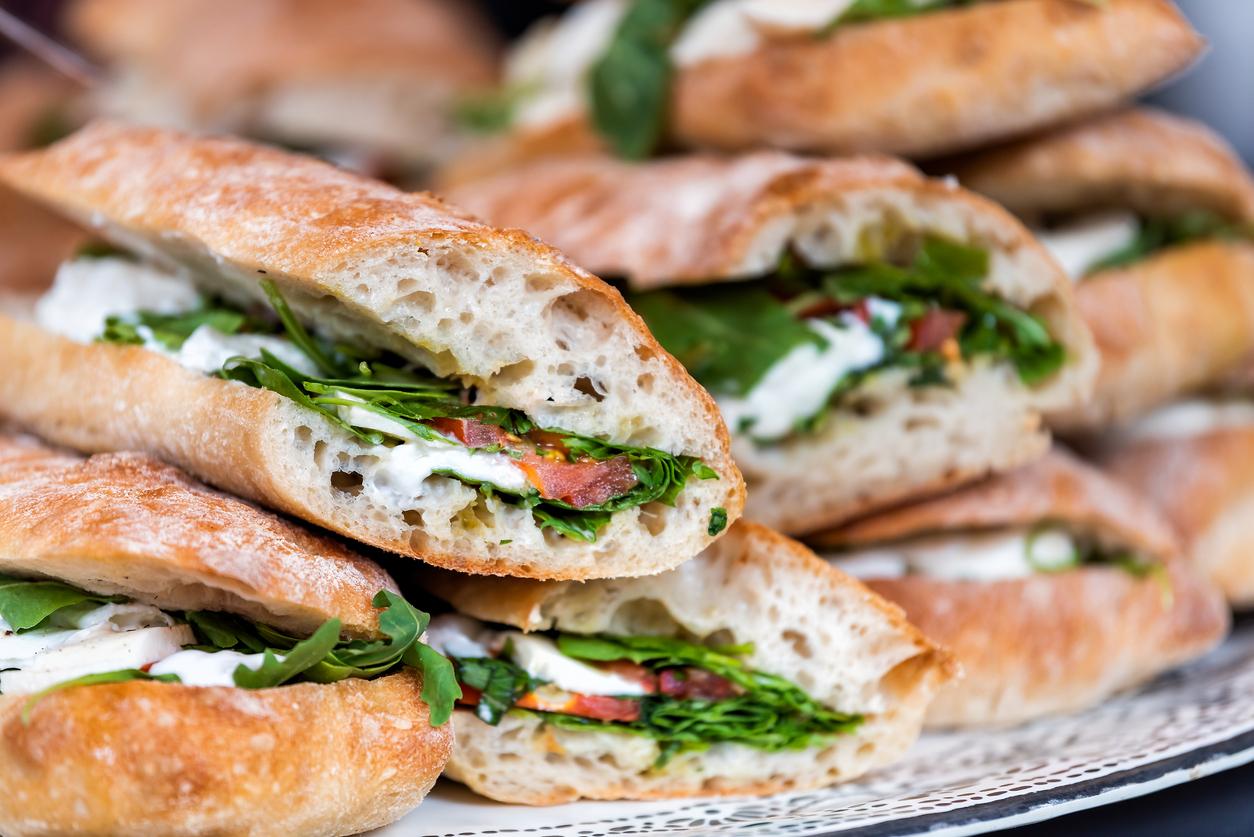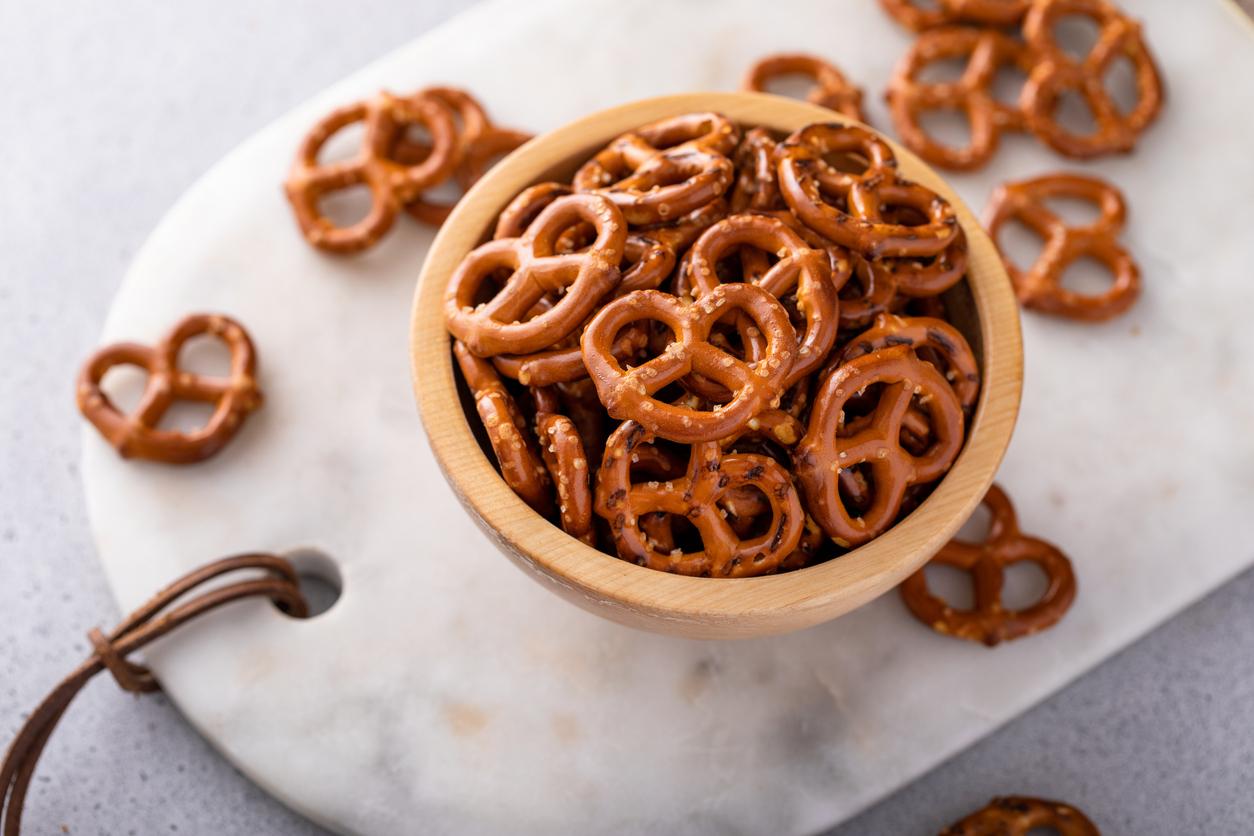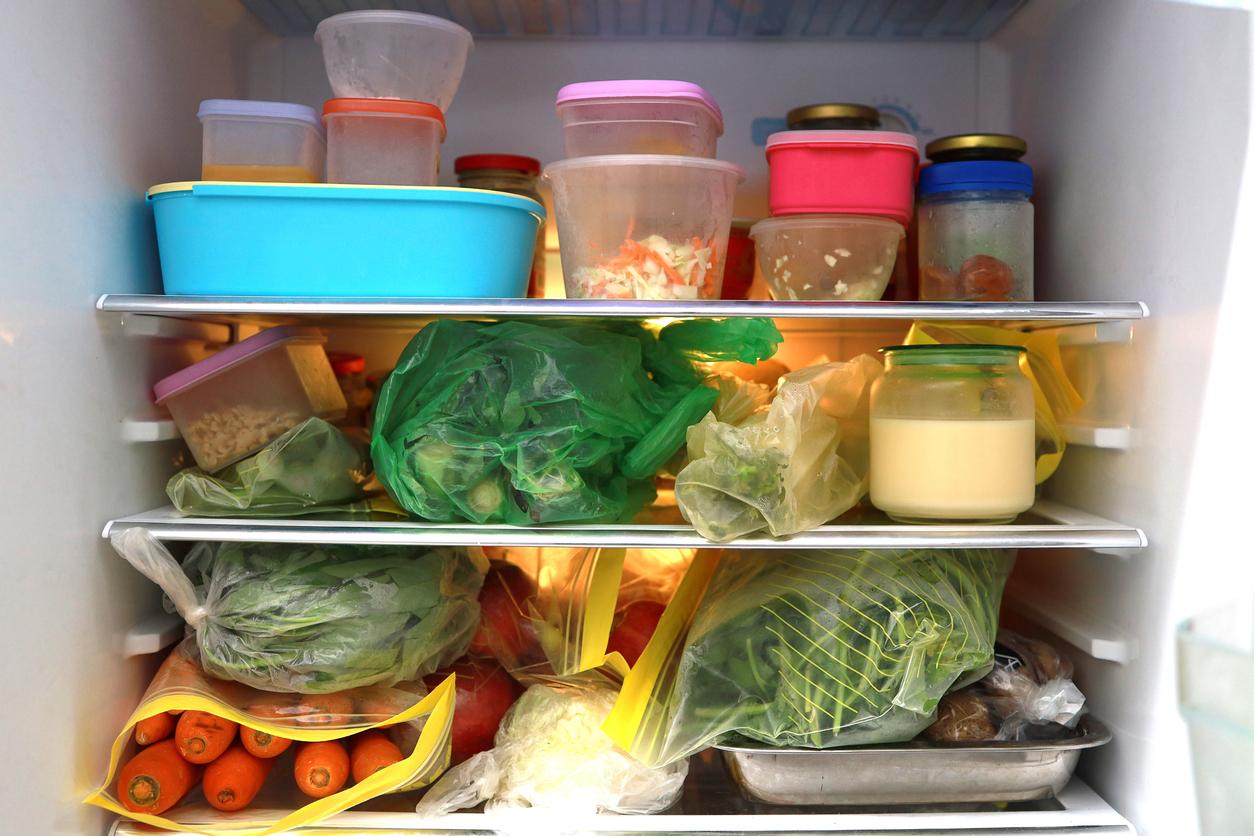Chocolate, chips, croissants, cheese… Eating these “snacks” outside of meals would prevent you from benefiting from the benefits of balanced meals.

- By snacking on fatty, sweet and salty products, a quarter of participants lost the benefits of healthy meals.
- Poor-quality snacks were associated with higher BMI, visceral fat mass, and triglyceride levels, which increase the risk of stroke and cardiovascular disease.
- Snacking after 9 p.m. was also linked to lower blood markers.
“Snacking is a common dietary behavior that accounts for a large proportion of daily energy intake, making it a key determinant of diet quality,” indicated researchers from King’s College London (England). As a reminder, this desire to eat at any time of the day can be triggered by meals that are not satiating enough, stress, boredom or occur during so-called “sedentary” activities, for example in front of the television. Problem: When snacking becomes a habit, it can be bad for your health, especially when the snacks are fatty, sweet or salty.
95% of volunteers snack
In a recent study, British scientists wanted to determine the link between the frequency, quality and timing of snacking with cardiometabolic health, which has “remained unclear”. To do this, they examined data from research that looked at the snacking habits of 854 people. According to the information, 95% of participants ate outside of meals during the day, specifically 47% of volunteers consumed two snacks per day and 29% of adults ate more than two.
In detail, the most consumed snacks were biscuits, fruit, oilseeds, cheese, butter, cakes and pies as well as granola bars or cereals. Foods contributing to calorie intake were cakes and pies (14%), breakfast cereals (13%), ice cream and dairy desserts (12%), donuts and pastries (12%), candy (11%), cookies and brownies (11%), nuts (11%).
Eating poor quality foods linked to poorer health markers
According to the results, published in the journal European Journal of Nutrition26% of respondents reported eating healthy main meals and poor quality snacks. “Poor snack quality was associated with higher blood markers, including elevated fasting triglycerides, insulin resistance, and increased hunger,” can we read in the works. Clearly, consuming fatty, sweet and salty foods outside of meals caused you to lose the benefits of healthy meals, which increased the risk of stroke and cardiovascular disease.
Contrary to popular belief, the study showed that snacks are not bad for your health, as long as they are healthy and consumed in moderation. People who regularly ate quality foods, like nuts and fresh fruit, were more likely to have a healthy weight than those who snacked on fatty, sweet, and salty items. “Considering that 95% of us snack and almost a quarter of our calories come from snacks, swapping unhealthy snacks, such as cookies, chips and cakes, for healthy snacks, like fruits and oilseeds, is a very simple way to improve our health”, said Dr Sarah Berry, author of the research, in a statement.
You should avoid snacking in the evening
Another observation: the timing of snacking can also be crucial for health. According to the authors, snacking after 9 p.m. was associated with lower blood markers than all other snacking times. So, “the quality of snacks and the timing of their consumption are simple elements of the diet that can be targeted to improve diet quality, with potential health benefits,” the scientists concluded.















